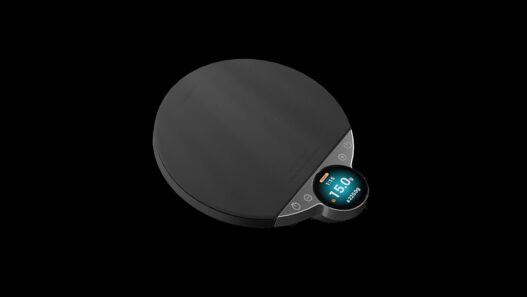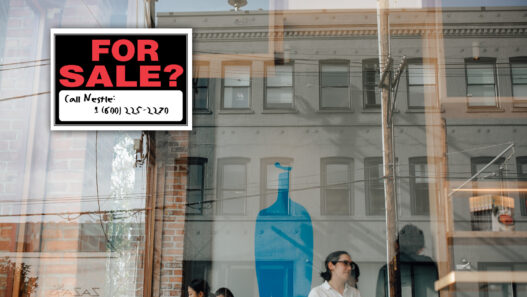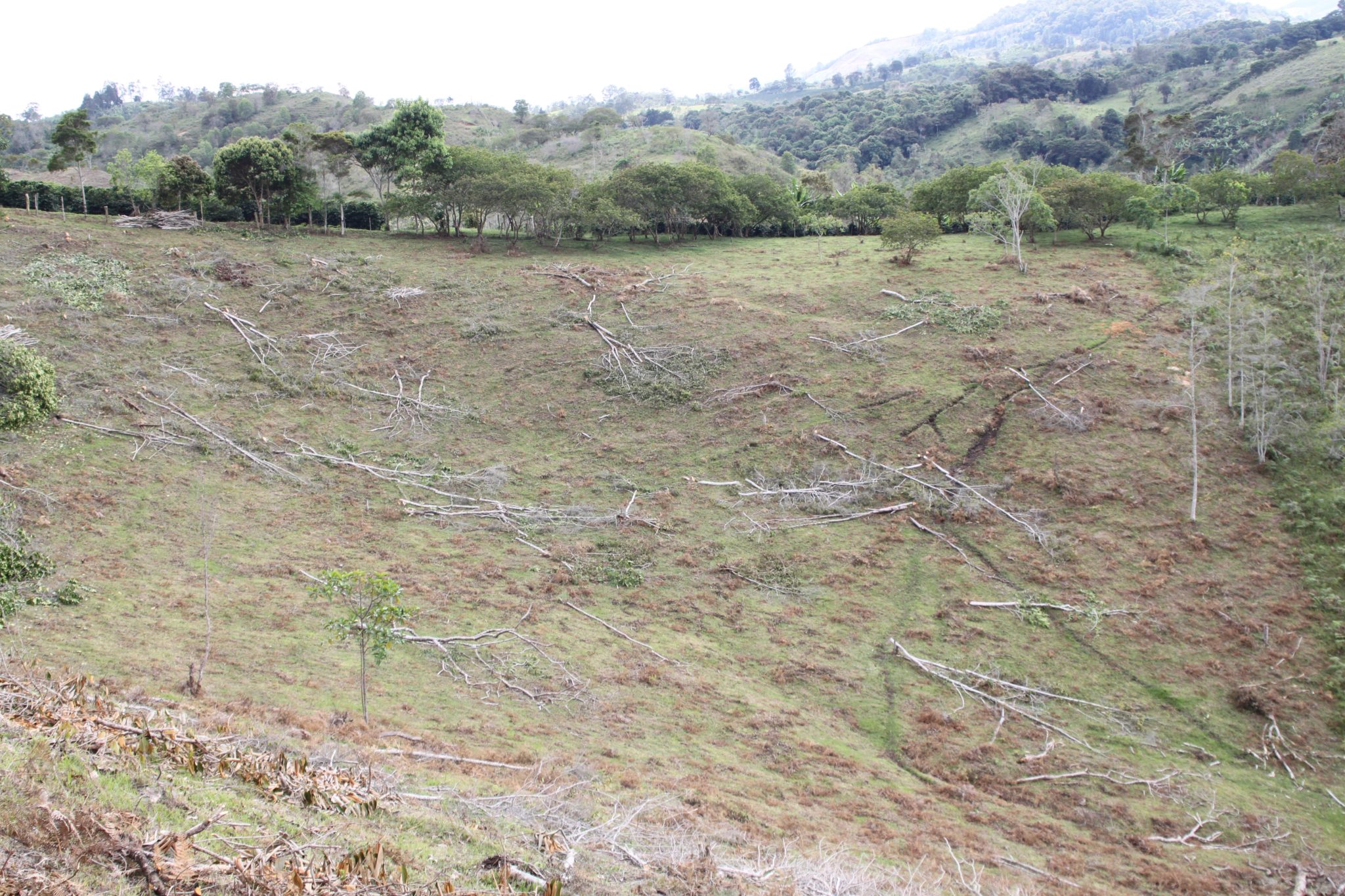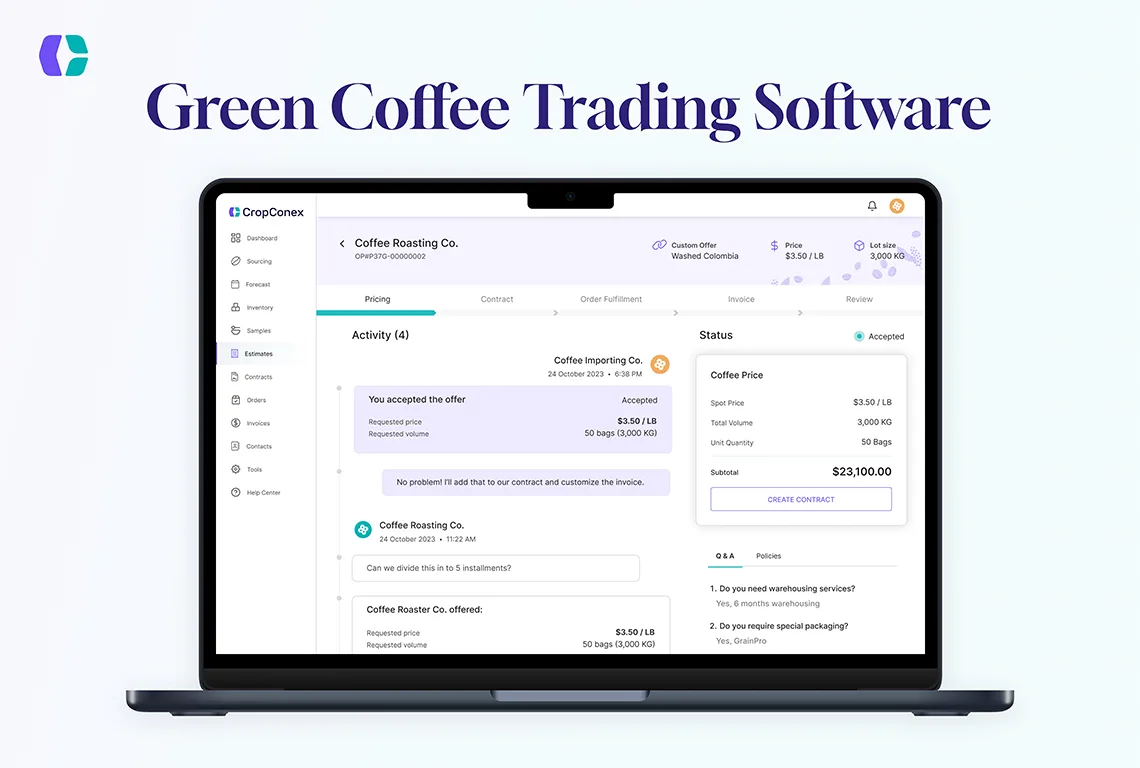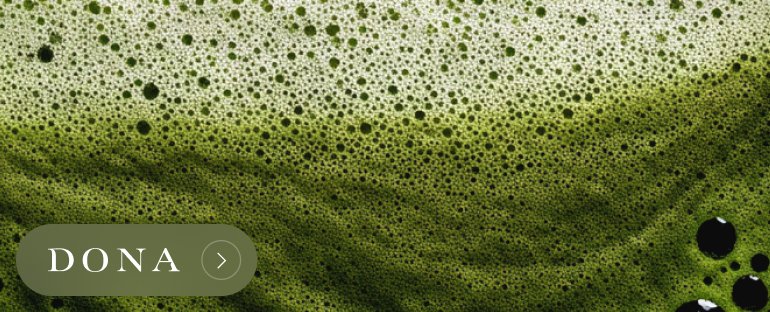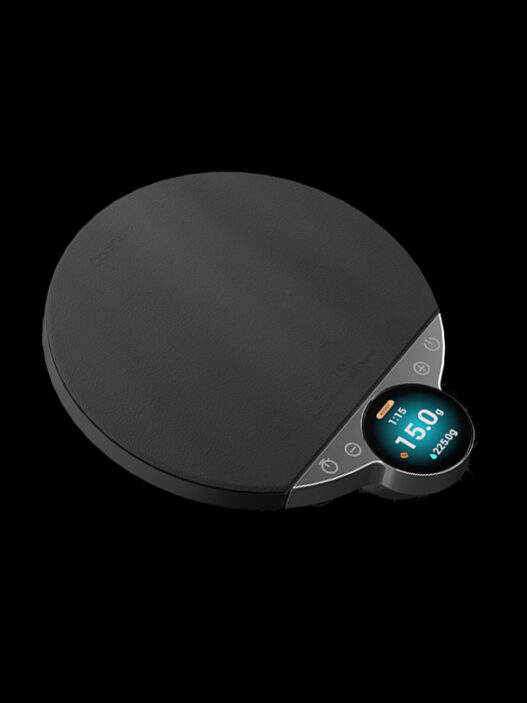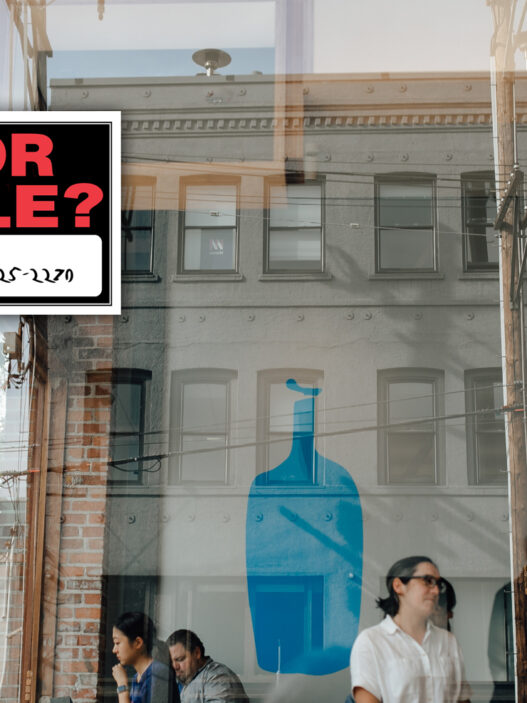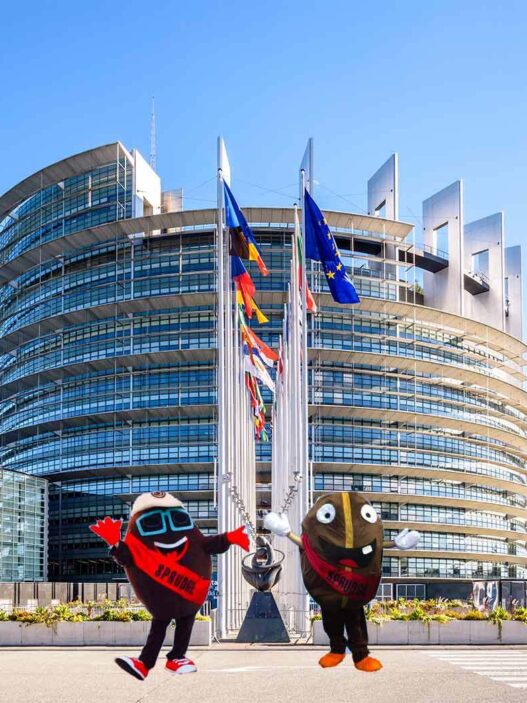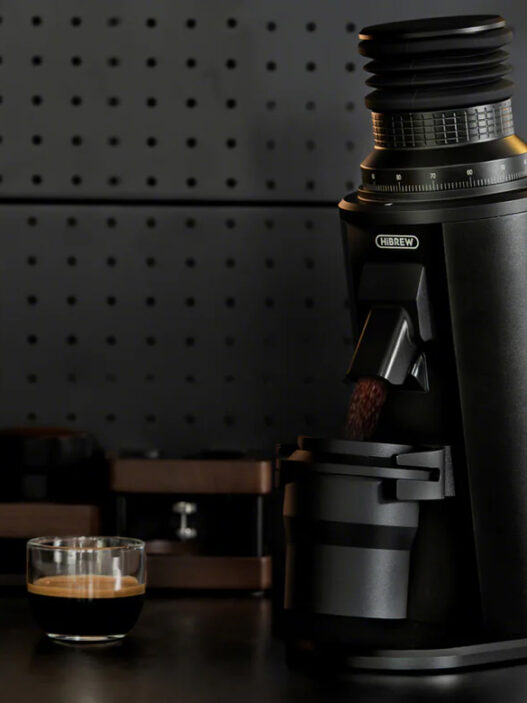In December of last year, the European Union passed a law banning the import of commodities linked to deforestation. These include chocolate, leather, beef, furniture, rubber, charcoal, palm oil derivatives, and coffee. Aiming to mitigate the amount of forestland being destroyed for the sake of commodities, the law has since come under fire, both from large corporations like Lavazza—who first voluntarily accepted the ban before raising concerns about its implementation—and industry watchdog groups, who fear it may negatively impact small-scale farmers the most.
But now, a new wrinkle in the law’s implementation may have a big impact on the coffee trade. Green coffees stored at the Intercontinental Exchange’s European warehouses may have to be destroyed.
As reported by the Financial Times, the law went into effect in June of this year, but allowed for a transition period through December 2024. During that period, coffee can be traded without meeting the new transparency requirements, but in 2025, they must adhere to the full force of the law. The issue for coffee and cocoa is that they are “particularly impacted because they are not immediately cleared through customs on arrival in the EU and can spend more than 18 months in bonded warehouses.”
This means that coffee produced during the transition period may nonetheless not be available for sale until after that timeframe has transpired. And in that case, those coffees stored in European warehouses, which must act under the law, will need to be moved or simply “dumped”.
There are an estimated 150,000 metric tons (330 million pounds) of green coffee being held in ICE-licensed warehouses across Europe. Per the article, there are discussions “with member states to find a solution for stored crops imported during the transition period.”
Zac Cadwalader is the managing editor at Sprudge Media Network and a staff writer based in Dallas. Read more Zac Cadwalader on Sprudge.
- What Is An Americano? Espresso, Hot Water, and History
- What Is A Norwegian Egg Coffee?
- What Is An Affogato?
- What Is A Cortado?
- What Is A Caramel Macchiato?
- What is Dalgona Coffee?
- What Is A Matcha Latte?
- What Is Robusta Coffee?
- What Is The Coffee Belt?
- Does Coffee Grow In The United States?
- Can I Grow a Coffee Houseplant?
- What Is Laurina Coffee?






